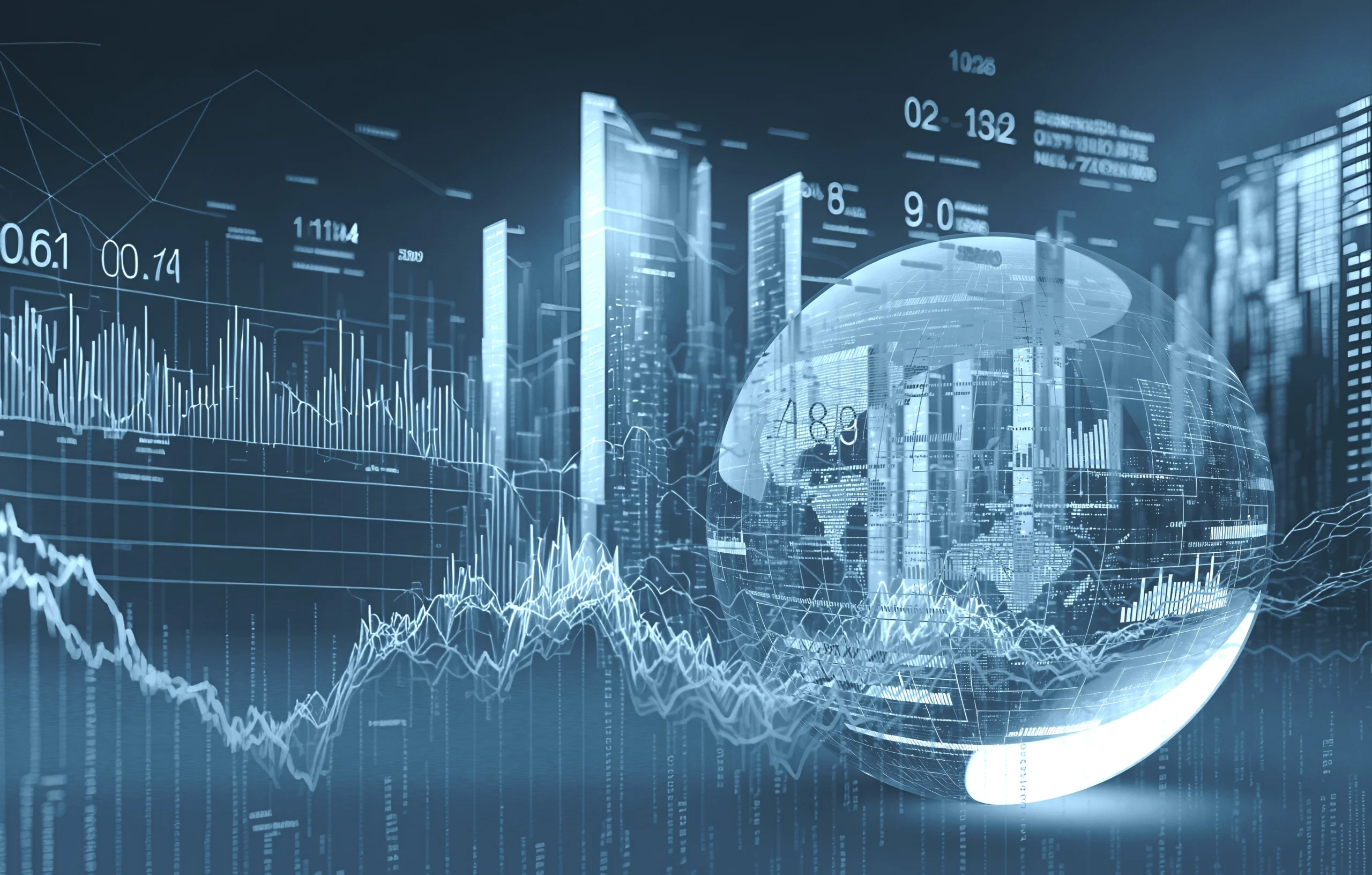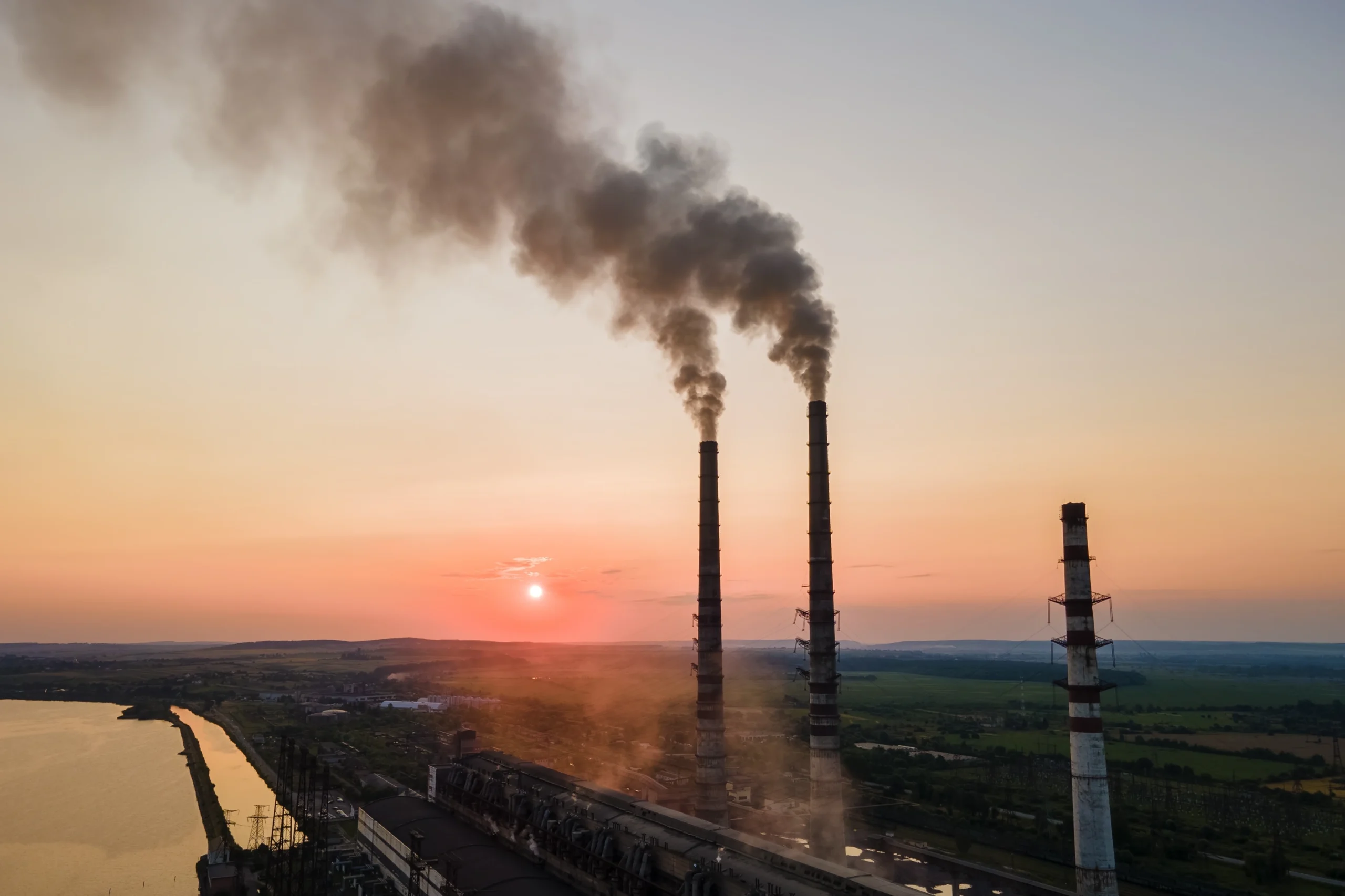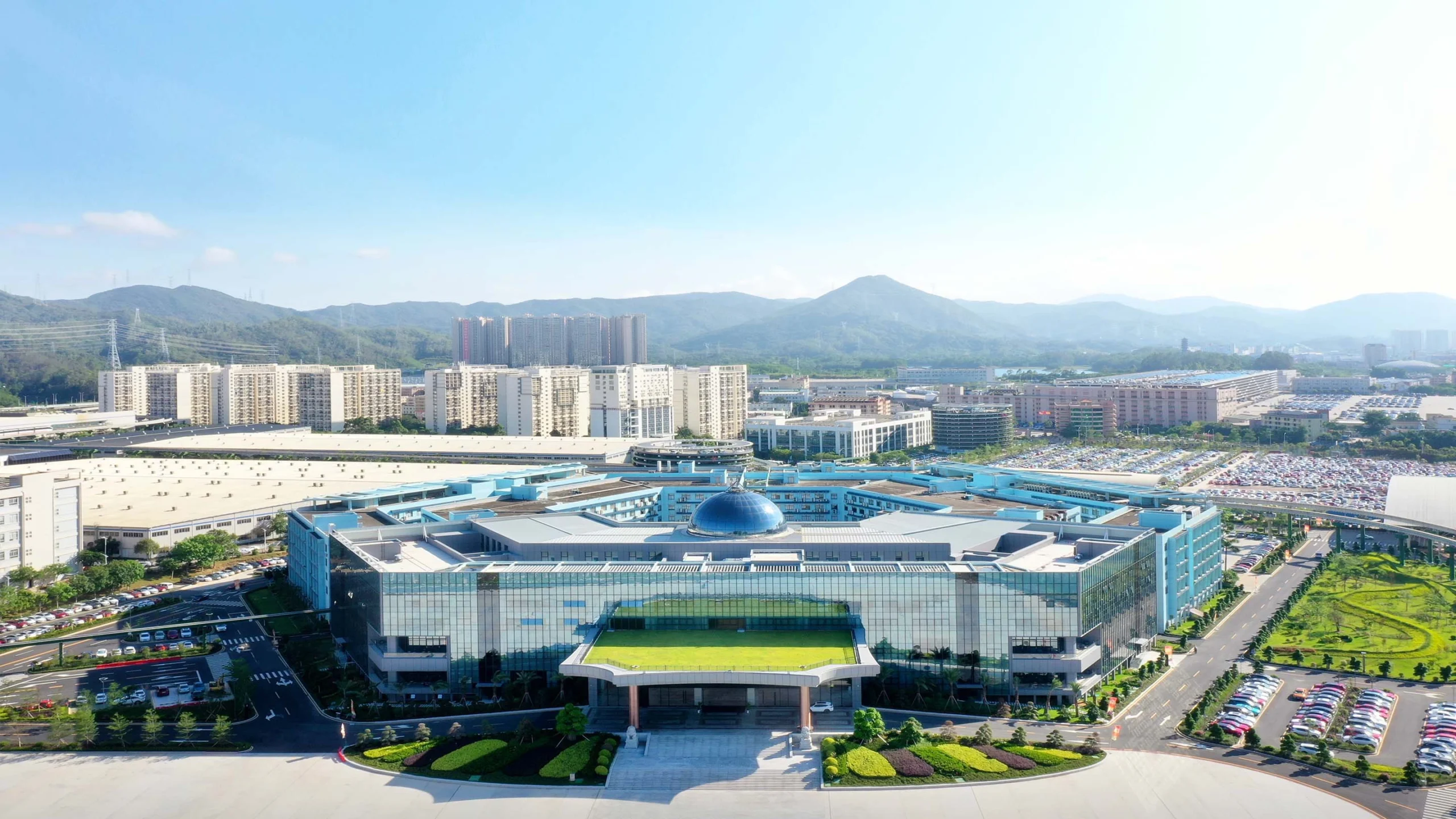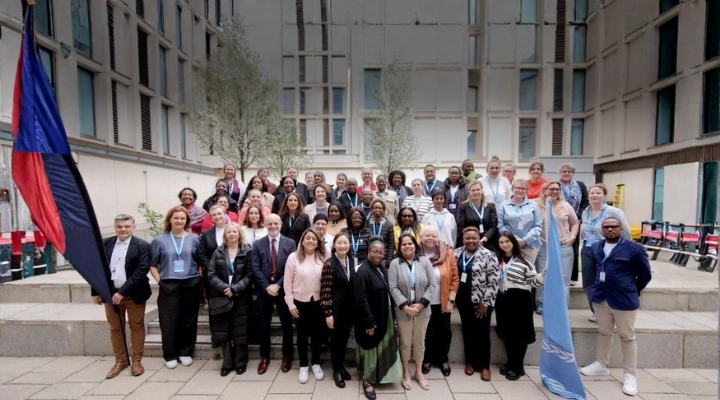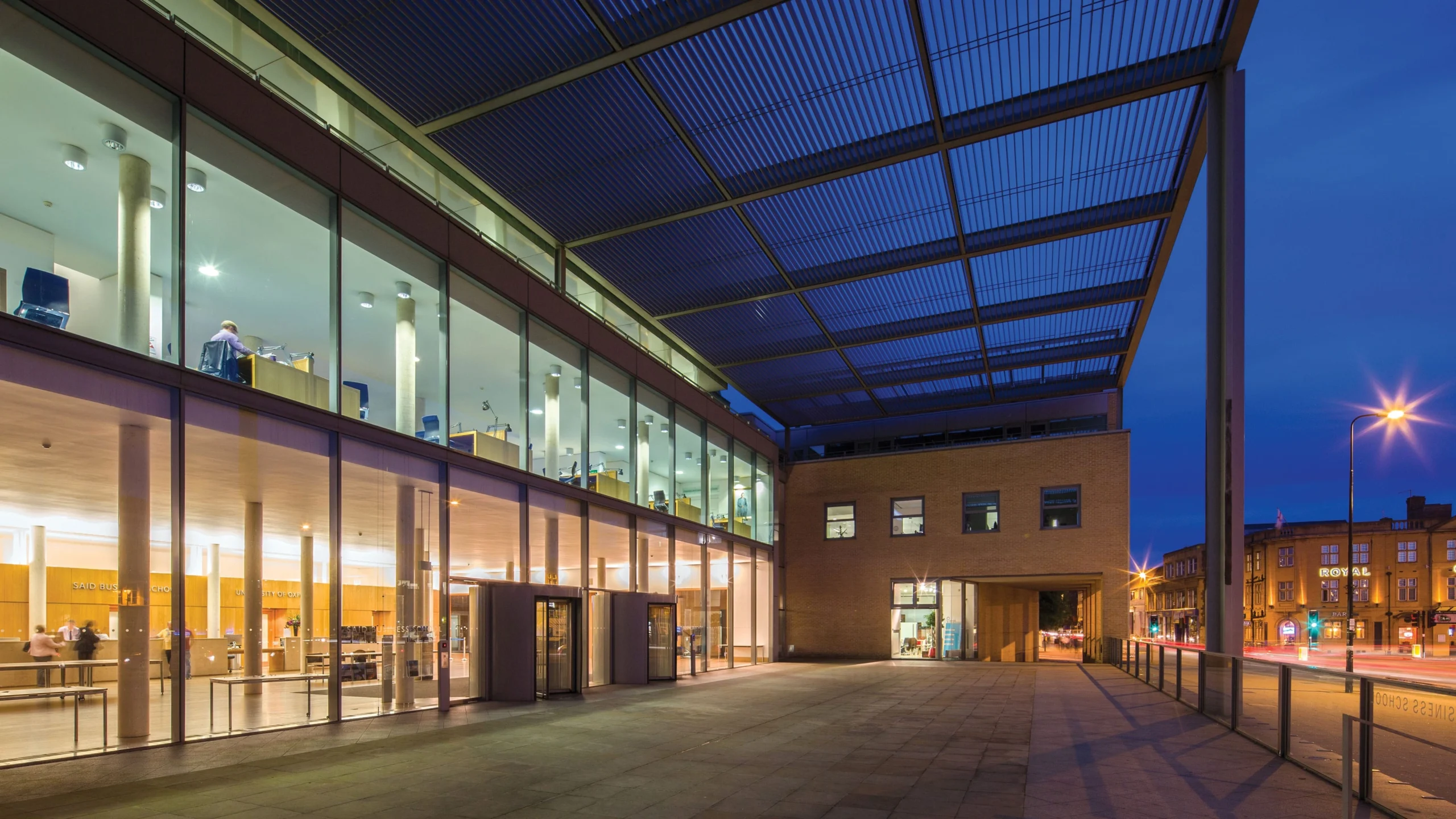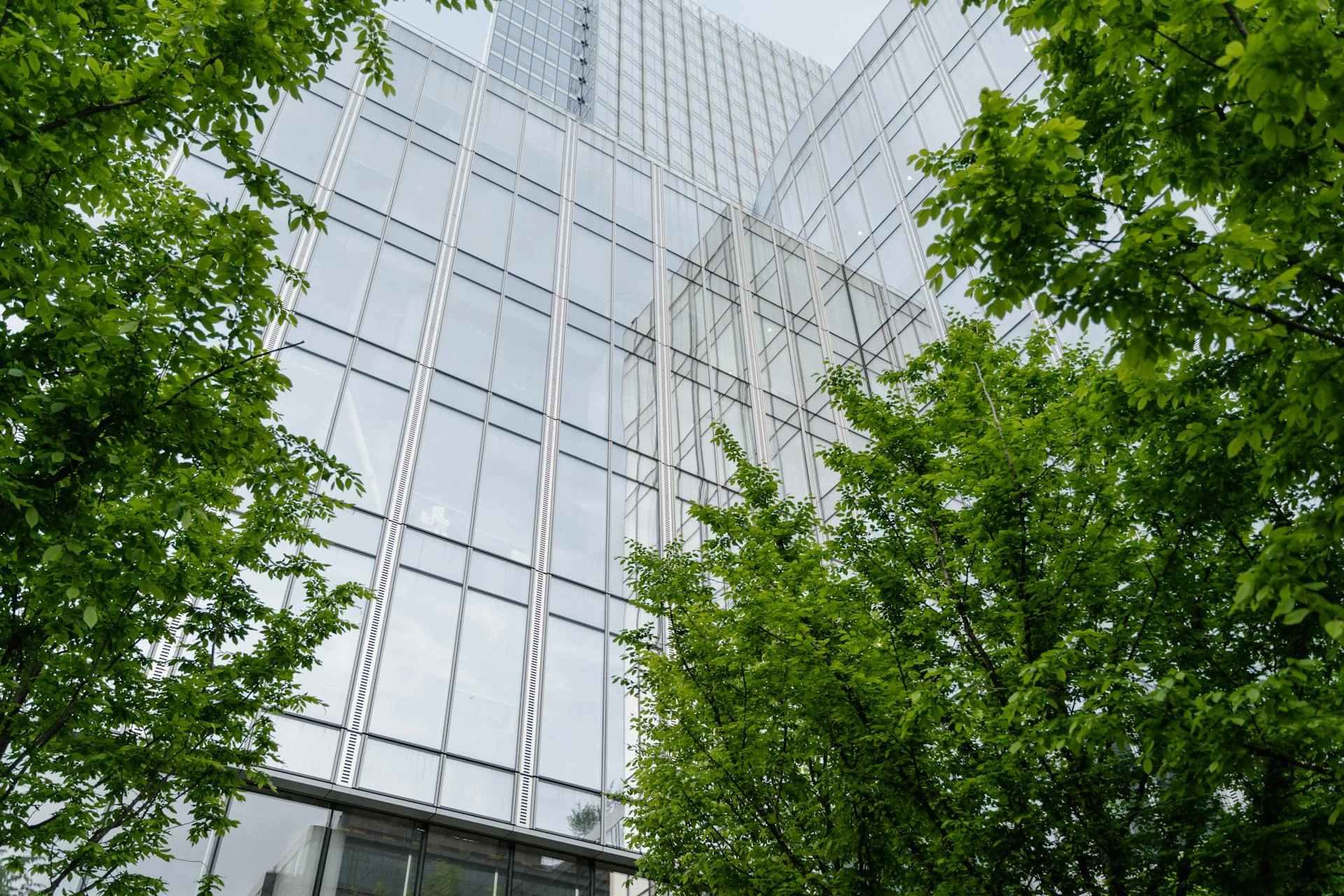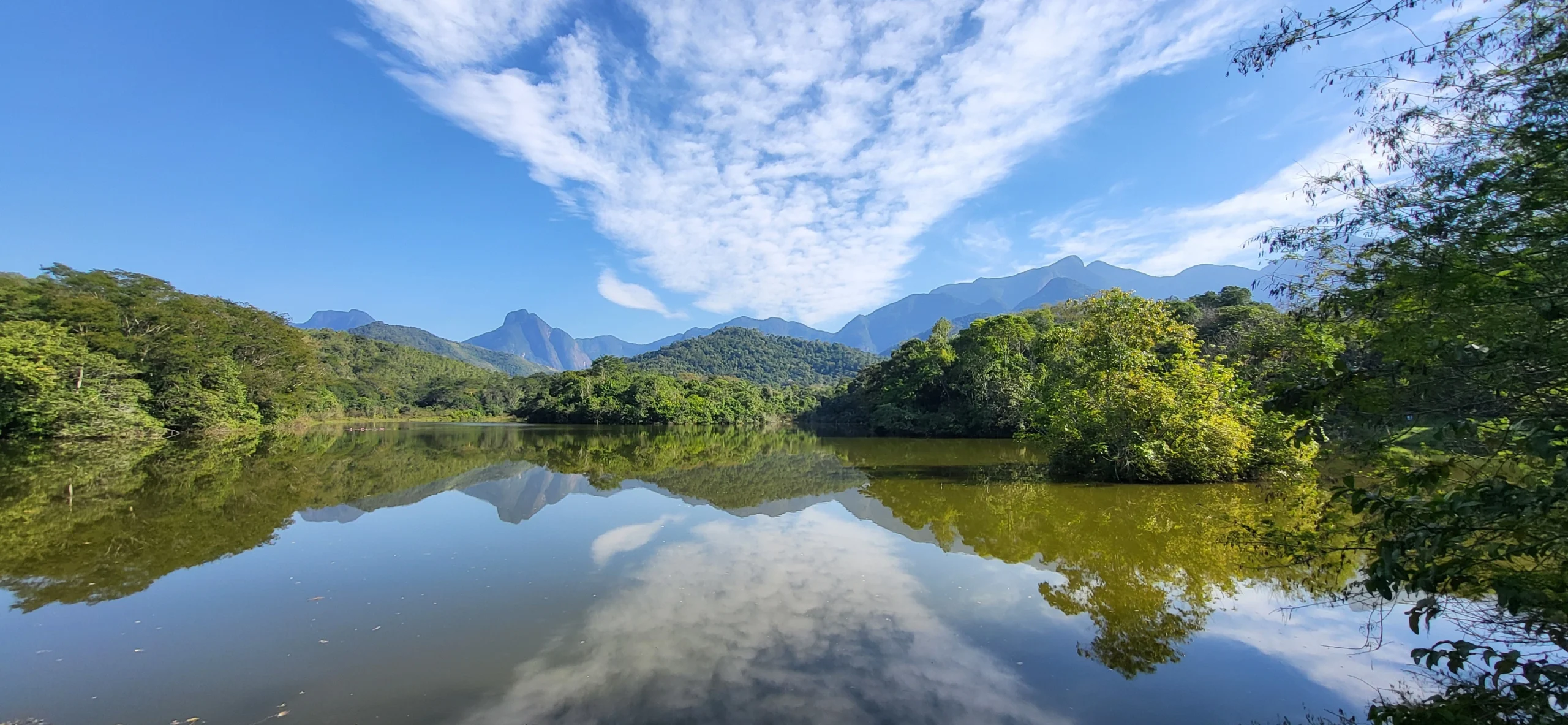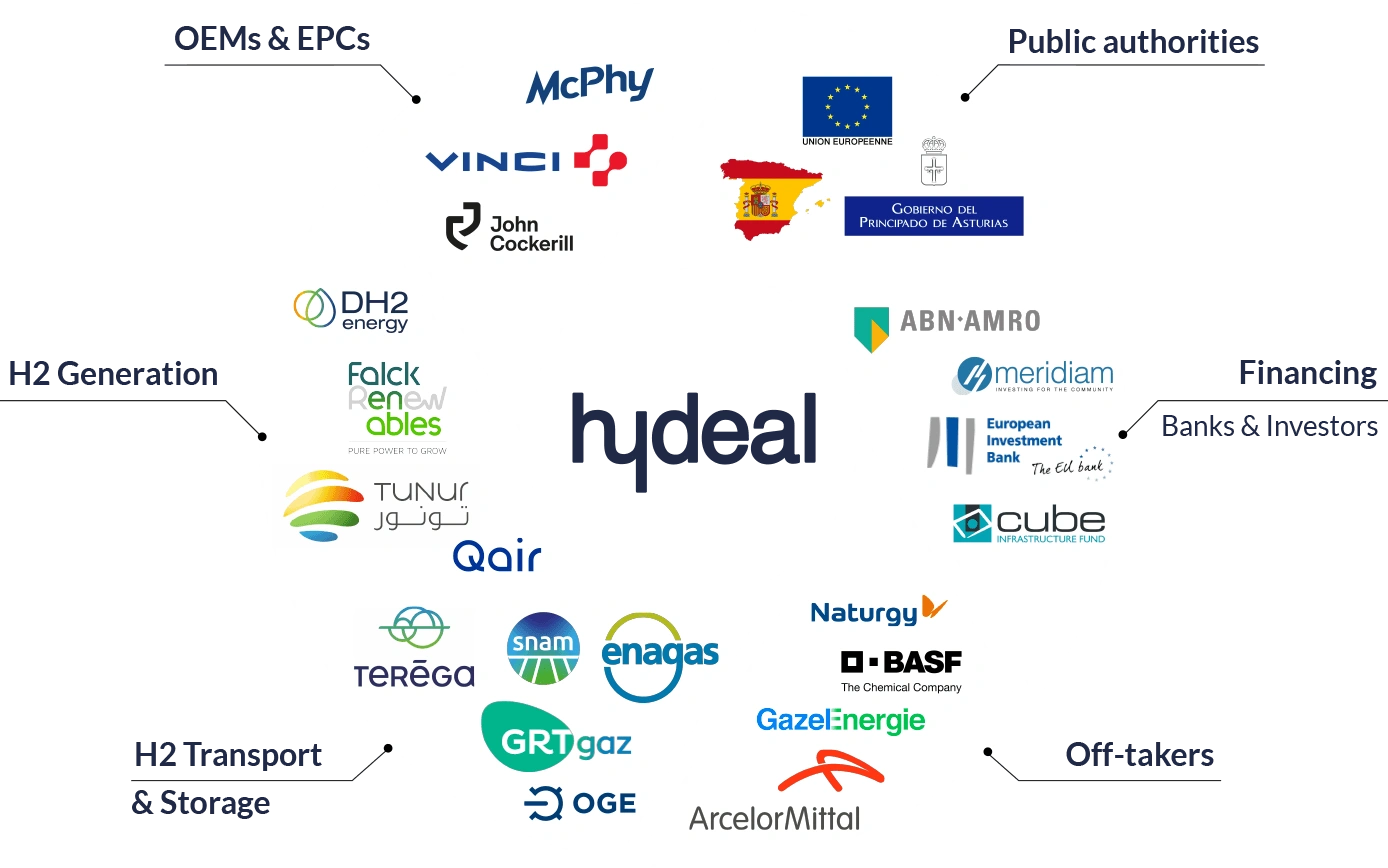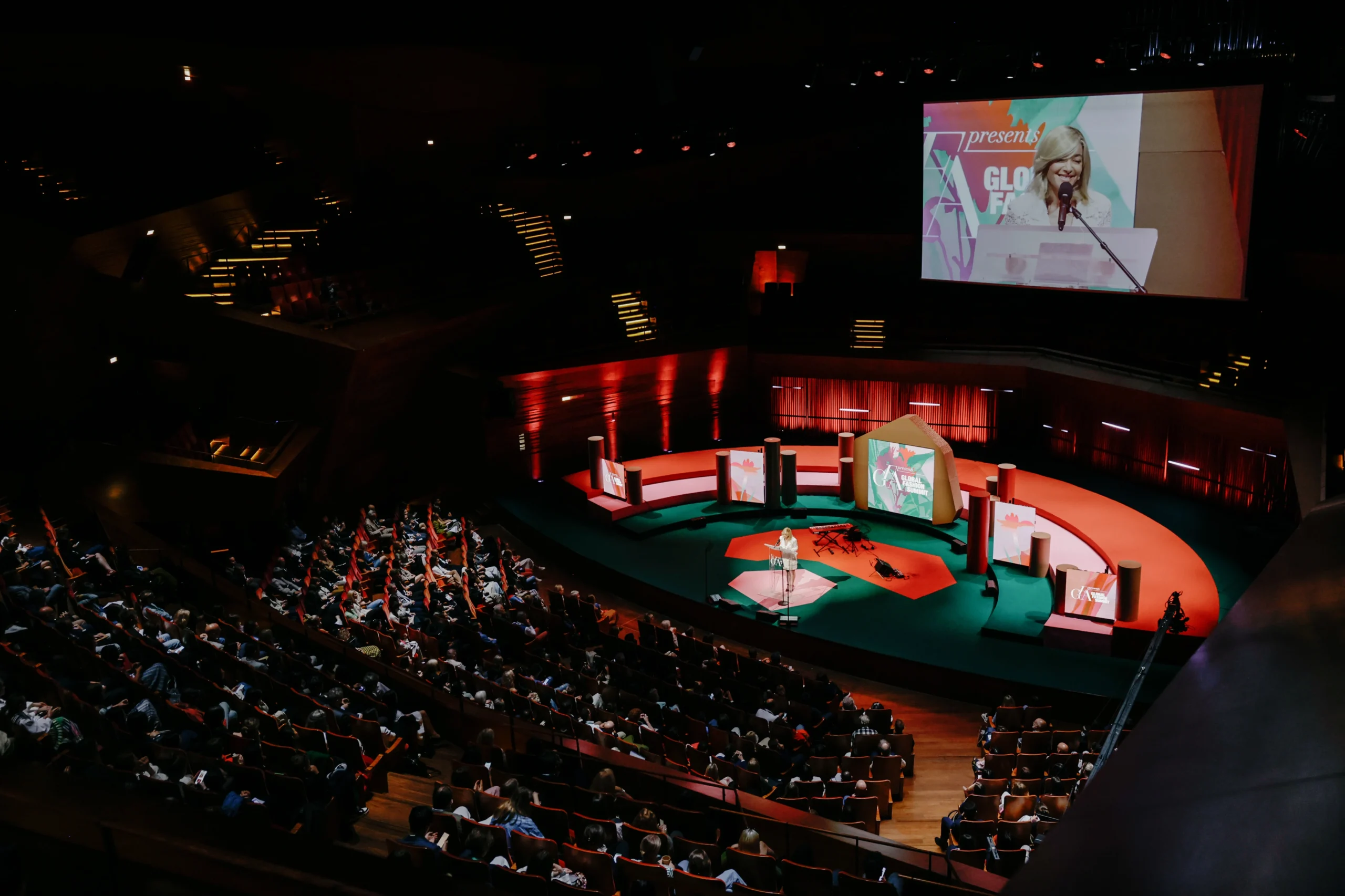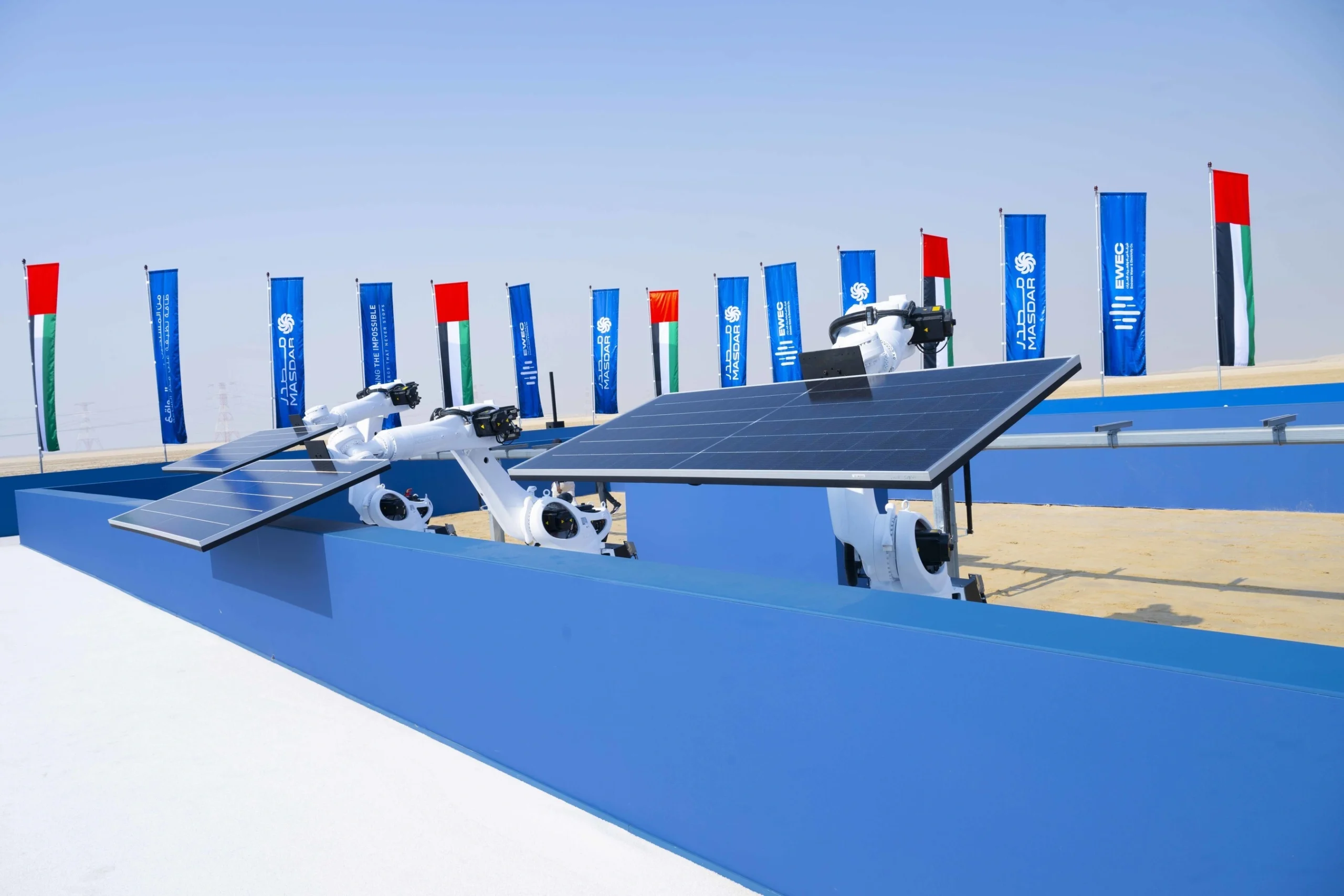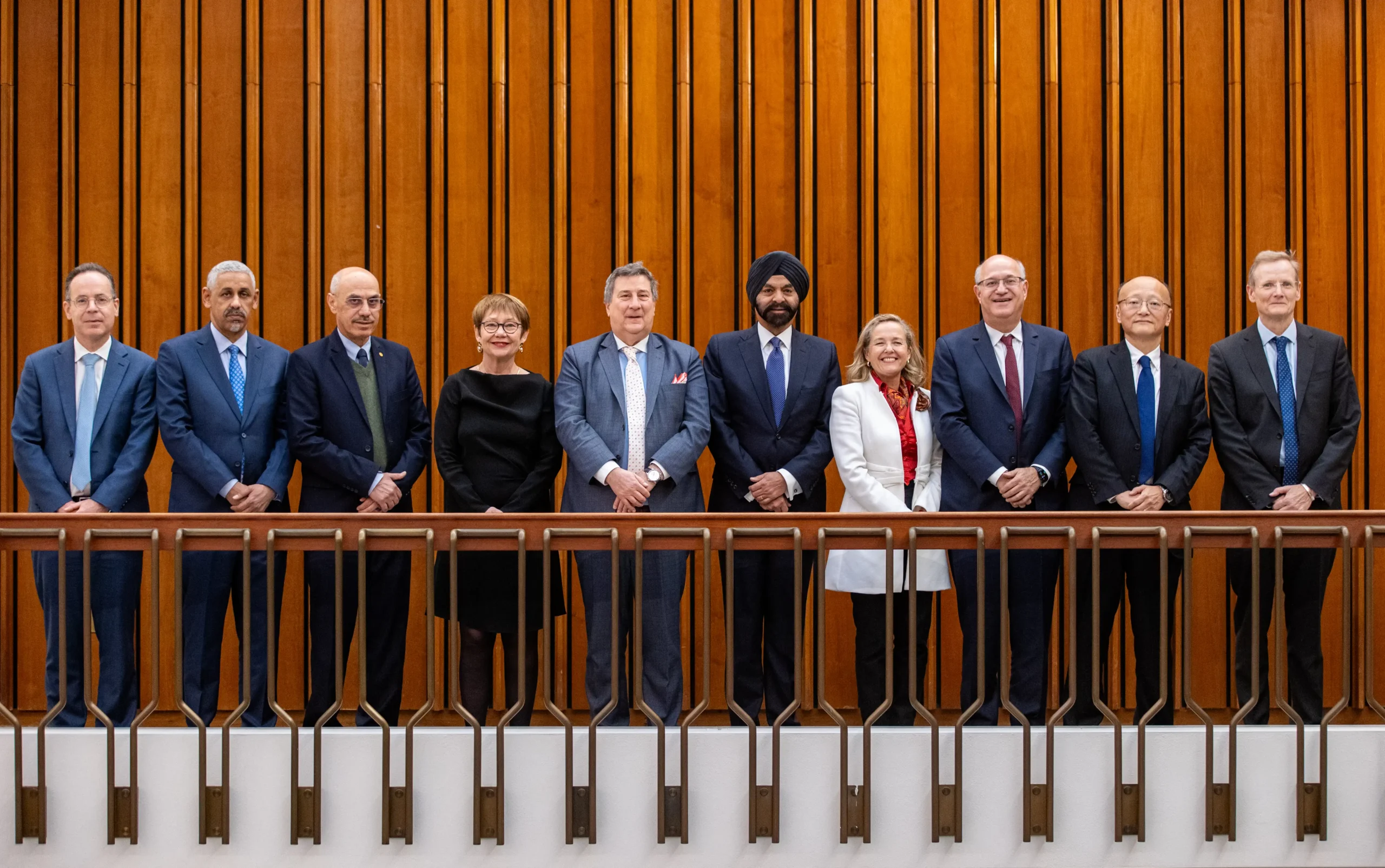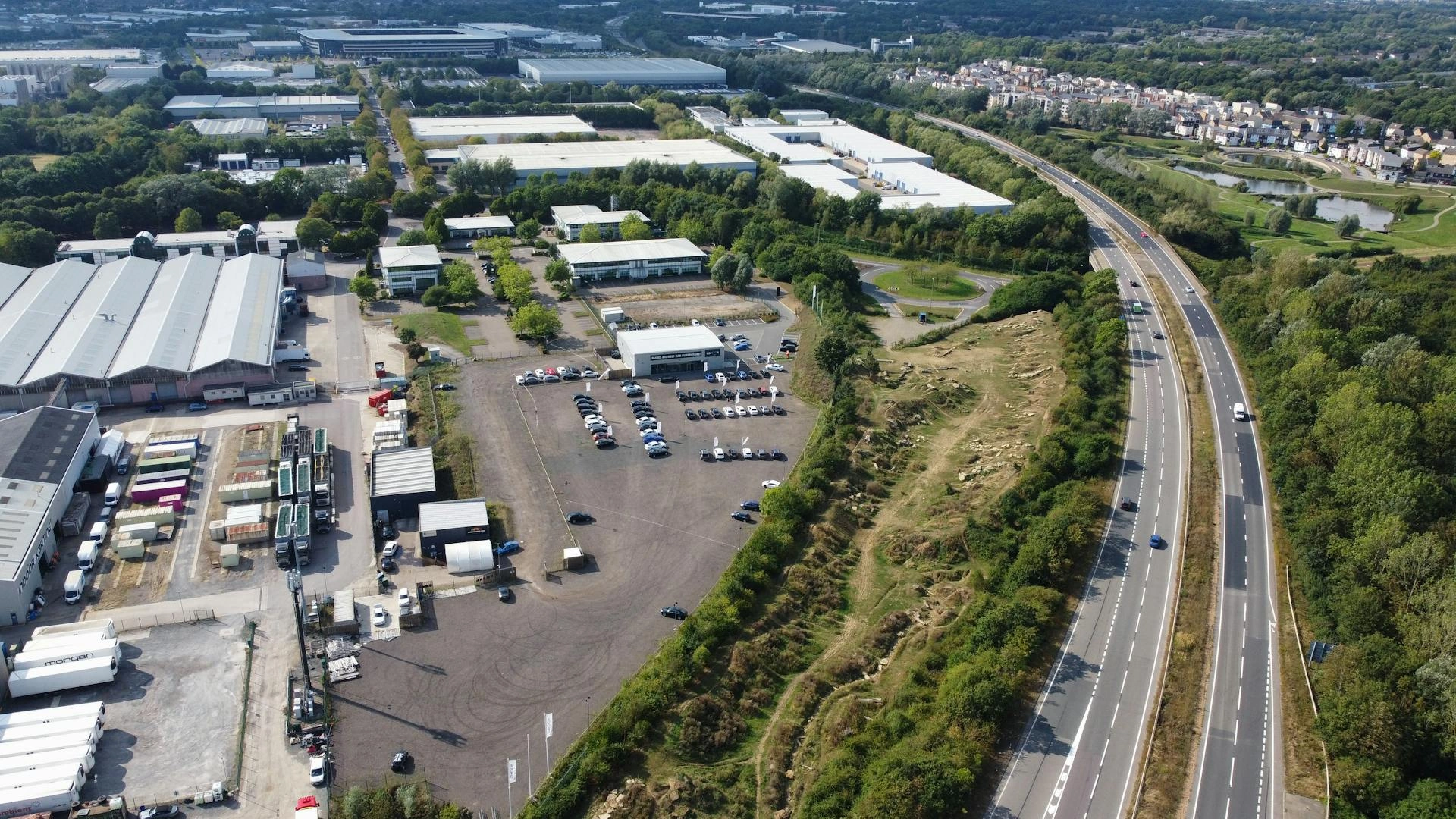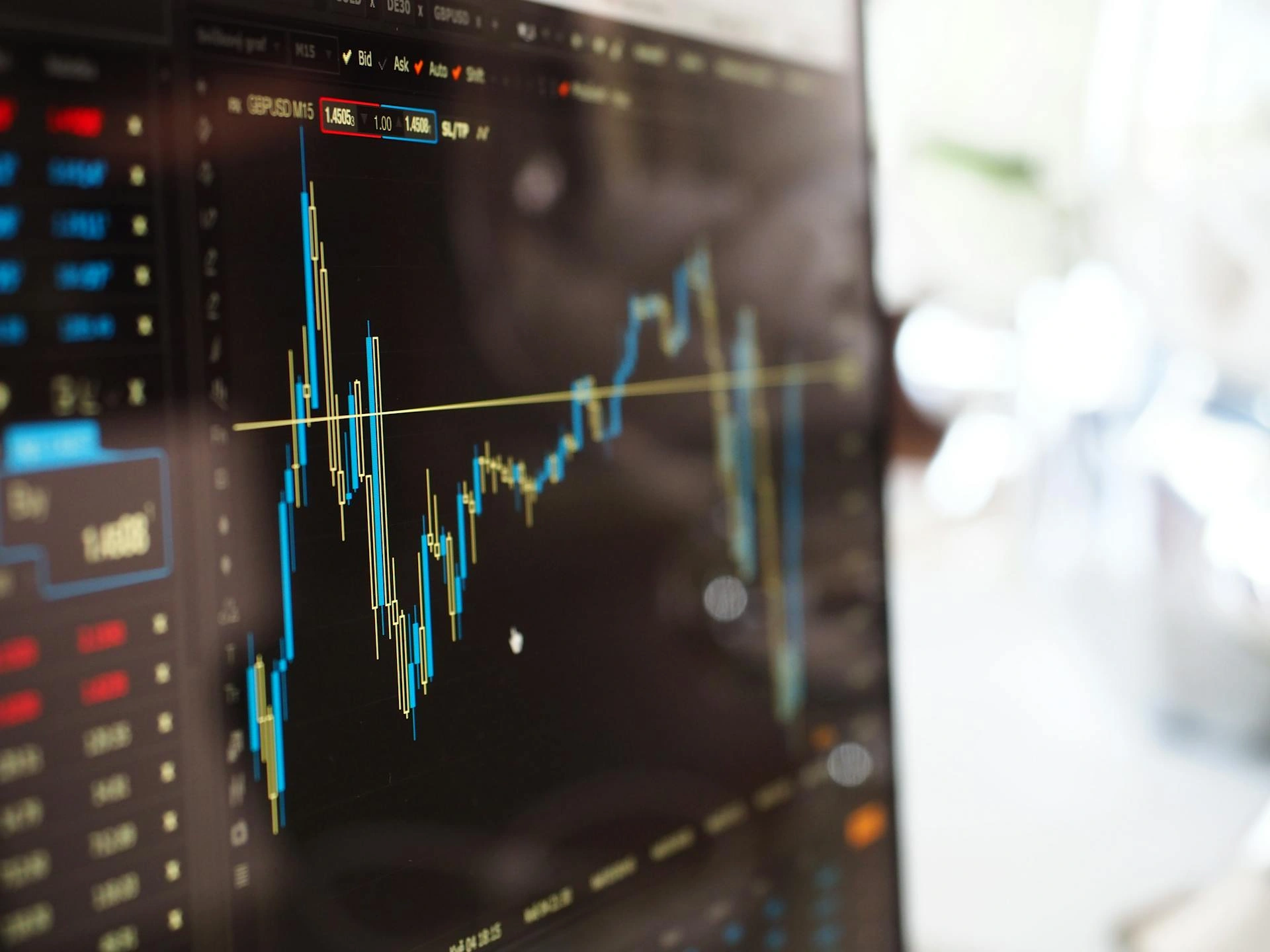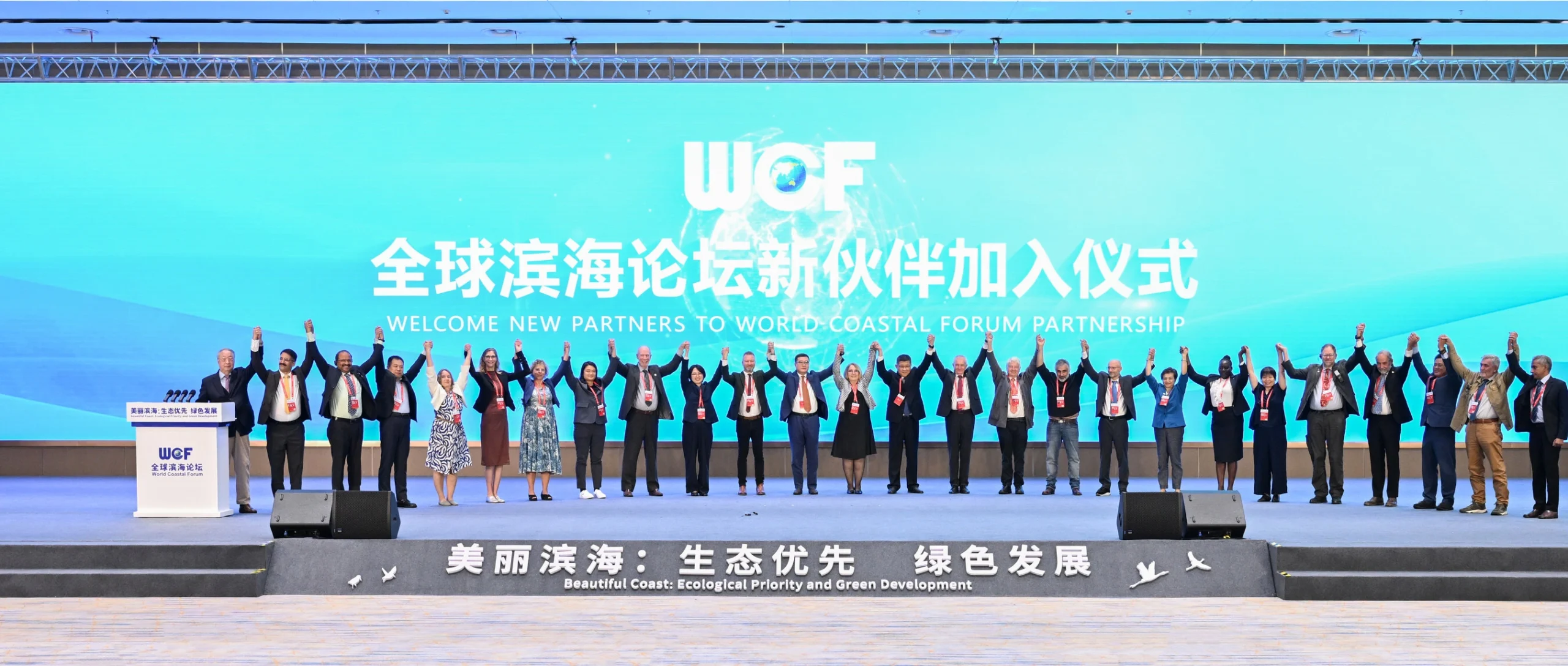How to mitigate the energy transition risk

John E. Kaye
- Published
- Home, Sustainability
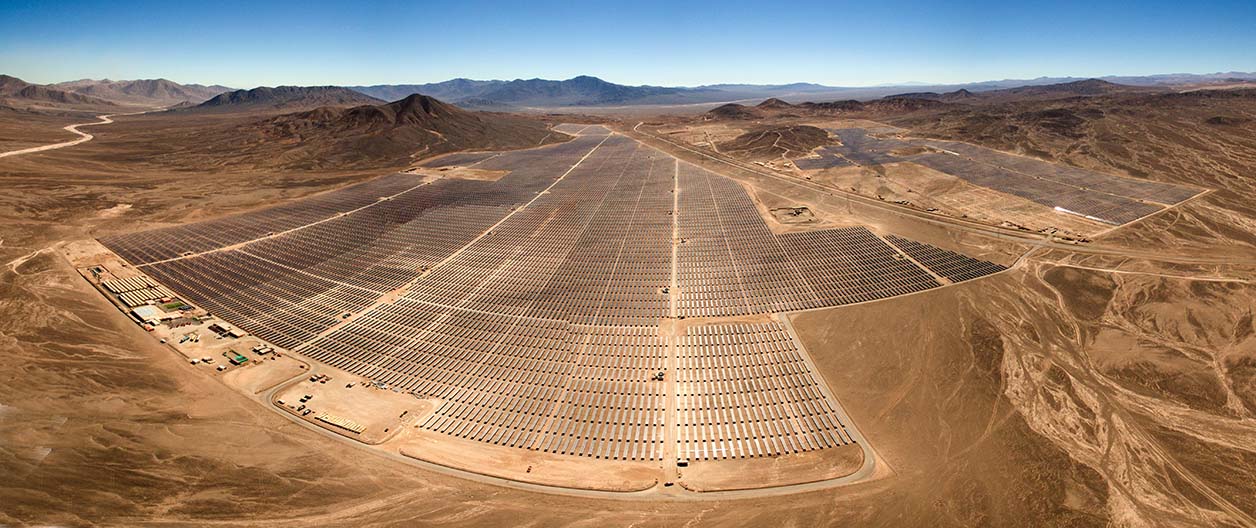
An interview with Hanno Schoklitsch, CEO and founder of Planet Zero Green Enterprises
Planet Zero Green Enterprises GmbH is a pioneering technology incubator based in Hamburg, Germany. The company is focused on data-intelligence and AI startups developing solutions for emissions-free energy production to combat climate change. The European caught up with Hanno Schoklitsch, CEO and company founder, to discuss the aftermath of COP26, where the biggest challenges lie on our path to a greener future, and what role his company can play.
How will the outcomes of COP26 impact the electricity and power industries?
Hanno Schoklitsch: I believe the outcomes of COP26 are multidimensional. On one hand, the world understands that climate change needs to be tackled urgently, and that the current speed of change is nowhere near fast enough. Based on this shared understanding, leaders have agreed to push ahead with certain necessary actions, such as phasing out coal-fired power stations. We have of course to recognise that these changes are big and will not happen without a transition period: for example we will require new gas-fired power stations to stabilise the energy supply until large-scale energy storage capacities (such as hydrogen) are available at a market price. We definitely need to get rid of coal-fired power stations, as these are a primary source of carbon emissions. So, the late amendment from China and India to not “phase out” but rather “phase down” coal was deeply disappointing.
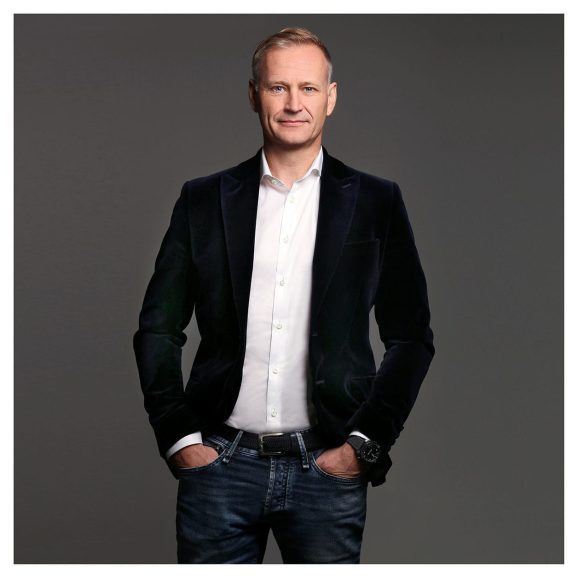
Will this late call by India and China influence how other nations move forward on climate change?
It should not influence the rest at all. The EU has a clear agenda through its European Green Deal and will forge ahead with this approach. Other nations are also progressing with technologies and business models. And this should offer clear long-term advantages. The countries taking the lead (and the risk) will potentially have the solutions in their hands; this will allow them to support other countries with their innovations, which will pave the way for new business models to be marketed on an international level, and strengthen the economies of these front-running countries. Therefore, committing to fighting climate change will also lead to a transformation of economies by producing new ways of delivering goods and services. This will result in more resilient economies, which are prepared for the wider shocks, caused by climate change.
How will shift in economies influence the future of electric energy?
The agenda in the years ahead – until net-zero is achieved globally around 2050-2060 – will revolve around electric energy. So, we need to put our heads together to find a way to make the energy transition happen without putting systems at risk and potentially causing blackouts.
What are the main challenges in achieving this energy transition?
The energy transition towards a fully electric world will only succeed if we mitigate the corresponding risks. Currently, we are not prepared to make this switch happen, and we must recognise that a real plan for an energy transition does not exist. In other words, we are flying a plane from a clear sky into thick cloud, and the plane does not have any automated flight instruments, furthermore there is a mountain in front of us. With luck we might survive, but the risk of a negative outcome remains extremely high. The energy transition should not be a blind flight, but currently it is just that.
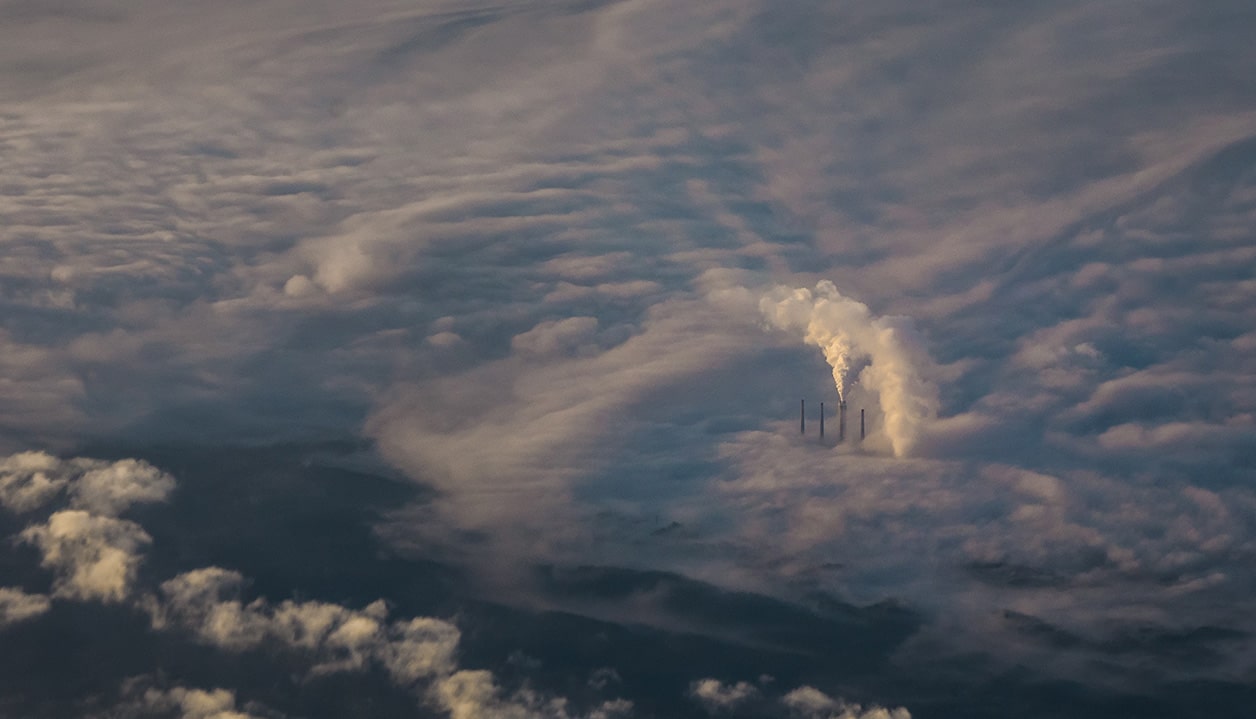
How can we avoid this uncontrolled energy transition?
John Maynard Keynes would love to read this. The answer lies in the demand-side theory. We need to define the energy demand, as it is essential to mitigate the energy transition risk. Otherwise, how can we decide the energy production capacities that must be built, if we do not understand the real energy demands of our electric world. This may be surprising, as we have academia and other institutions that take care of defining the energy demand. But we have to recognise, that we do not know the real energy demand. One of the best examples is Germany, where the new government has disclosed that they are lacking information concerning the future demand. Which was a surprising political statement given the importance of the issue to Europe’s biggest economy.
What are the impacts of demand-side economics on electrical power systems?
As I’ve touched upon, the supply must follow the demand! With this approach and by knowing the demand we can define the energy production capacities needed to supply cities, regions and entire nations. And this will lead us automatically to a decentralised power supply, as we will recognise which energy sources are available near to the demand. Of course, big cities and industrial areas will still need to get energy produced in other areas of a country or potentially outside the country. But decentralised energy production will remain an integral component of an electrical power system.
Which energy sources will be most prevalent in the energy transition?
There will need to be an energy mix, where solar will be the prevailing energy source. The use of nuclear energy is currently experiencing a renaissance in the zero-emissions debate but depends strongly on national priorities, infrastructure and political set-up. Besides the technology – which is high-risk in comparison to wind or solar – we need to reflect the levelised costs of energy, which are much higher for a new nuclear power plant when compared to renewable energy. And power generation needs to be built on energy prices reflecting the market, so subsidised feed-in-tariffs and tax credits should not be considered as necessary to make the transition happen. On the other hand, modern technologies, such as hydrogen, will need some public support at the beginning.
How can AI and technology help to define energy demand and supply?
What Keynes missed in his times, we now have: technology. Technology such as IoT and AI provide the tools to simulate the future of energy. Such a simulation needs to be done by using real-time data targeting a horizon of up to 15-20 years. With this forecast, which needs to be adjusted periodically reflecting the ongoing transformation we can enter an agile world of energy. With such agility we are in the position to consider market and technology changes, which are reflected in the described demand simulation, and with such an agile approach the supply can be adjusted accordingly.
How does Planet Zero Green Enterprises fit into all of this?
We are a tech incubator implementing these AI-driven data intelligence platforms. Therefore we are on the path to creating an agile world that can simulate the energy supply and demand of cities, regions and countries. We are developing a digital innovation to mitigate the energy transition risk and helping to speed up the energy transformation towards net-zero power generation. Our work will help develop a clear plan showing us where we need to invest, which type of technology and to what extent. By doing this we are creating avenues of investment, which are attracting capital investments while also creating fully transparent energy markets. Furthermore, we are convinced that such an AI platform could play a key role in developing of a fully electric world across different countries.
What is currently missing in the zero-emissions debate?
Optimism! We need to be much more optimistic. Even if we have the biggest challenge ahead of us, we need to trust in our capability to invent innovative technologies and business models. With all kinds of innovation across different industries and sectors we will be able to succeed in reaching our target of a maximum temperature increase of 1.5°C.
RECENT ARTICLES
-
 Strong ESG records help firms take R&D global, study finds
Strong ESG records help firms take R&D global, study finds -
 How residence and citizenship programmes strengthen national resilience
How residence and citizenship programmes strengthen national resilience -
 Global leaders enter 2026 facing a defining climate choice
Global leaders enter 2026 facing a defining climate choice -
 EU sustainability rules drive digital compliance push in Uzbekistan ahead of export change
EU sustainability rules drive digital compliance push in Uzbekistan ahead of export change -
 China’s BYD overtakes Tesla as world’s largest electric car seller
China’s BYD overtakes Tesla as world’s largest electric car seller -
 UK education group signs agreement to operate UN training centre network hub
UK education group signs agreement to operate UN training centre network hub -
 Mycelium breakthrough shows there’s mush-room to grow in greener manufacturing
Mycelium breakthrough shows there’s mush-room to grow in greener manufacturing -
 Oxford to host new annual youth climate summit on UN World Environment Day
Oxford to host new annual youth climate summit on UN World Environment Day -
 Exclusive: Global United Nations delegates meet in London as GEDU sets out new cross-network sustainability plan
Exclusive: Global United Nations delegates meet in London as GEDU sets out new cross-network sustainability plan -
 Fast fashion brands ‘greenwash’ shoppers with guilt-easing claims, study warns
Fast fashion brands ‘greenwash’ shoppers with guilt-easing claims, study warns -
 Private sector set to overtake government as main driver of corporate sustainability in 2026, report suggests
Private sector set to overtake government as main driver of corporate sustainability in 2026, report suggests -
 Sir Trevor McDonald honoured at UWI London Benefit Dinner celebrating Caribbean achievement
Sir Trevor McDonald honoured at UWI London Benefit Dinner celebrating Caribbean achievement -
 Historic motorsport confronts its energy future
Historic motorsport confronts its energy future -
 Protecting the world’s wild places: Dr Catherine Barnard on how local partnerships drive global conservation
Protecting the world’s wild places: Dr Catherine Barnard on how local partnerships drive global conservation -
 Europe’s HyDeal eyes Africa for low-cost hydrogen link to Europe
Europe’s HyDeal eyes Africa for low-cost hydrogen link to Europe -
 Fabric of change
Fabric of change -
 Courage in an uncertain world: how fashion builds resilience now
Courage in an uncertain world: how fashion builds resilience now -
 UAE breaks ground on world’s first 24-hour renewable power plant
UAE breaks ground on world’s first 24-hour renewable power plant -
 China’s Yancheng sets a global benchmark for conservation and climate action
China’s Yancheng sets a global benchmark for conservation and climate action -
 Inside Iceland’s green biotechnology revolution
Inside Iceland’s green biotechnology revolution -
 Global development banks agree new priorities on finance, water security and private capital ahead of COP30
Global development banks agree new priorities on finance, water security and private capital ahead of COP30 -
 UK organisations show rising net zero ambition despite financial pressures, new survey finds
UK organisations show rising net zero ambition despite financial pressures, new survey finds -
 Gulf ESG efforts fail to link profit with sustainability, study shows
Gulf ESG efforts fail to link profit with sustainability, study shows -
 Redress and UN network call for fashion industry to meet sustainability goals
Redress and UN network call for fashion industry to meet sustainability goals -
 World Coastal Forum leaders warn of accelerating global ecosystem collapse
World Coastal Forum leaders warn of accelerating global ecosystem collapse


